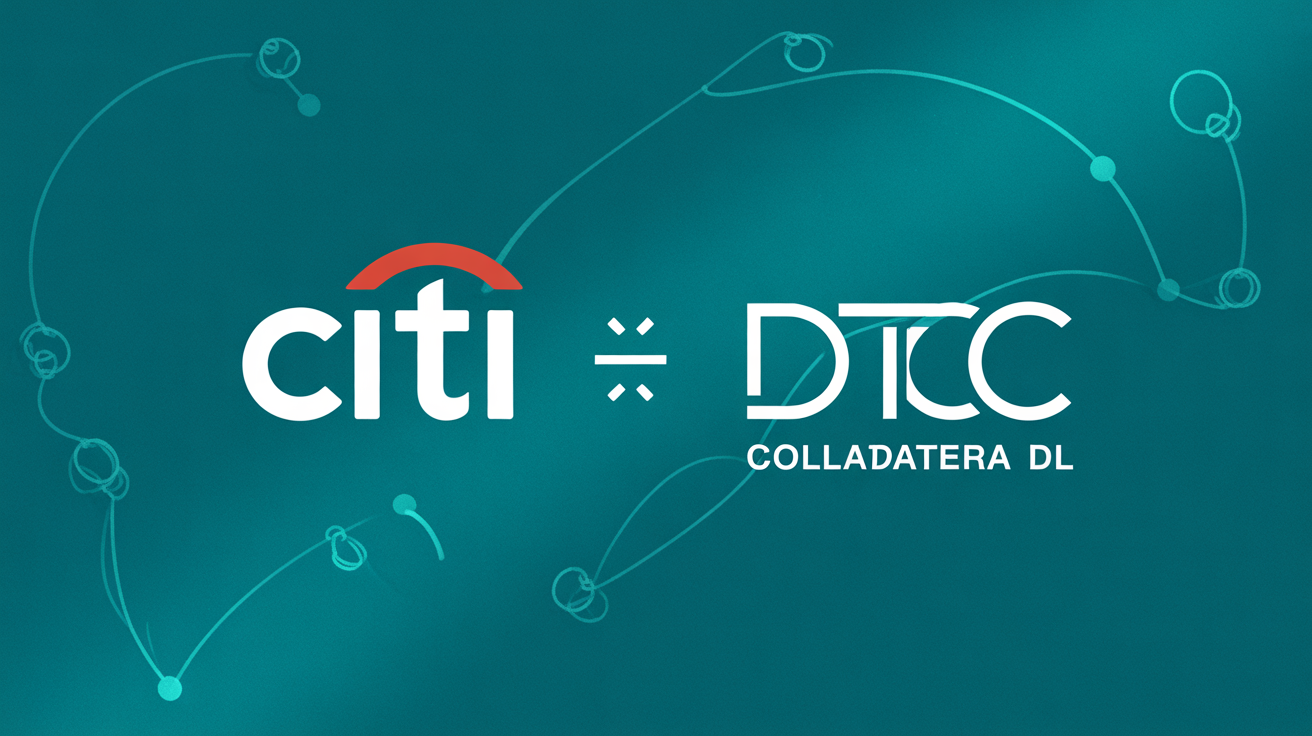Bitcoin’s Volatility Declines as Market Matures, Says Deutsche Bank
Bitcoin is entering a more stable phase as the cryptocurrency matures, aided by regulatory developments, widespread adoption, and a shift toward long-term investment strategies, according to a new report from Deutsche Bank.
In its latest research published Tuesday, the bank said Bitcoin’s (BTC) volatility is expected to keep declining as acceptance grows among corporations, retail investors, and governments. The shift, it notes, reflects a broader trend toward market normalization as the digital asset integrates more deeply into traditional financial systems.
Deutsche Bank highlighted that while Bitcoin’s recent surge has been fueled by optimism around pending U.S. legislation, the rally has also been accompanied by a notable drop in price volatility — a key marker of maturity.
Since mid-November, Bitcoin has gained nearly 75%, driven by a combination of favorable regulatory signals, expanding institutional involvement, and shifting macroeconomic conditions. The timing also coincides with “Crypto Week” in Washington, D.C., which has brought digital assets into sharper focus for U.S. policymakers and corporate leaders.
This week, the House of Representatives is preparing to vote on two major pieces of legislation: the CLARITY Act, which outlines a regulatory framework for the crypto industry, and the GENIUS Act, which targets stablecoin oversight.
According to Deutsche Bank, the ongoing decline in volatility is a sign that Bitcoin is evolving beyond its speculative roots. With greater regulatory clarity and growing acceptance in traditional portfolios, BTC is becoming a more attractive and strategic asset for serious investors.
The report concludes that this transformation is making Bitcoin increasingly appealing to long-term institutional players, such as pension funds and sovereign wealth funds — a trend that could further support its price stability over time.




























